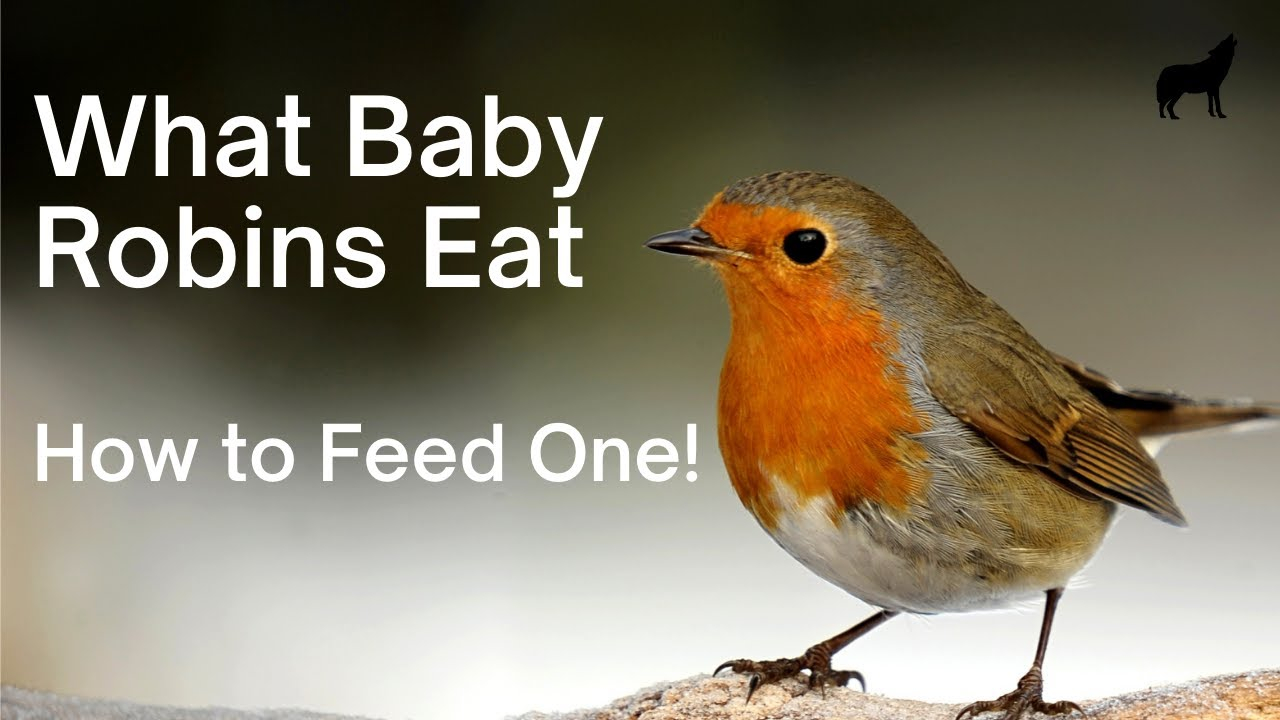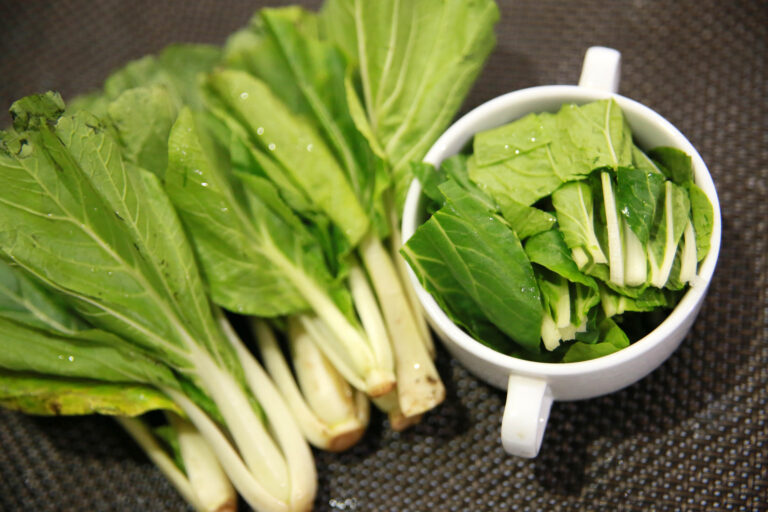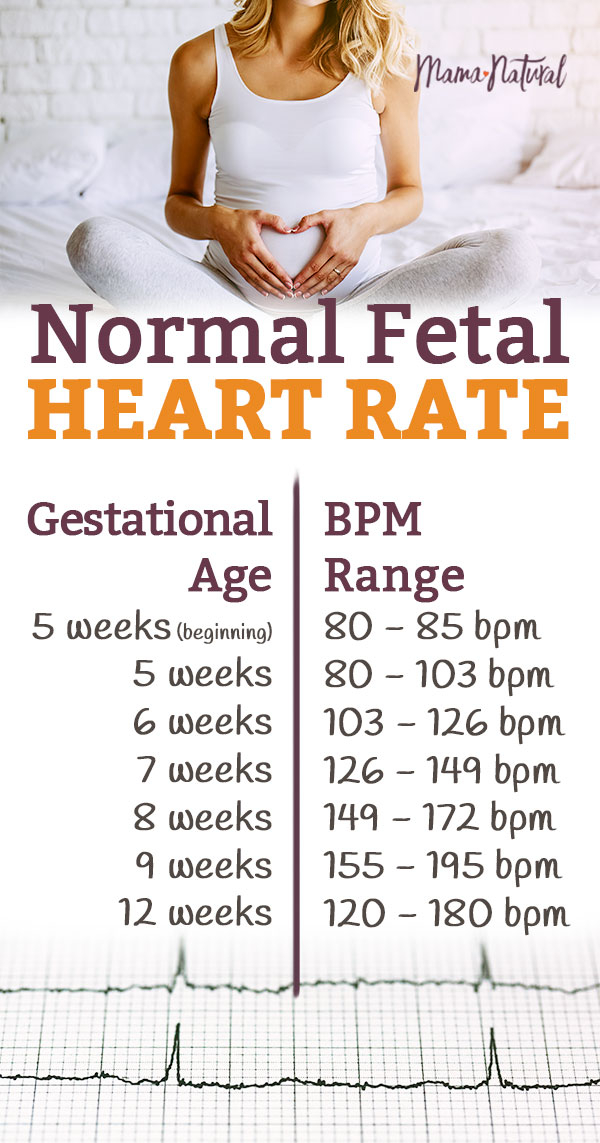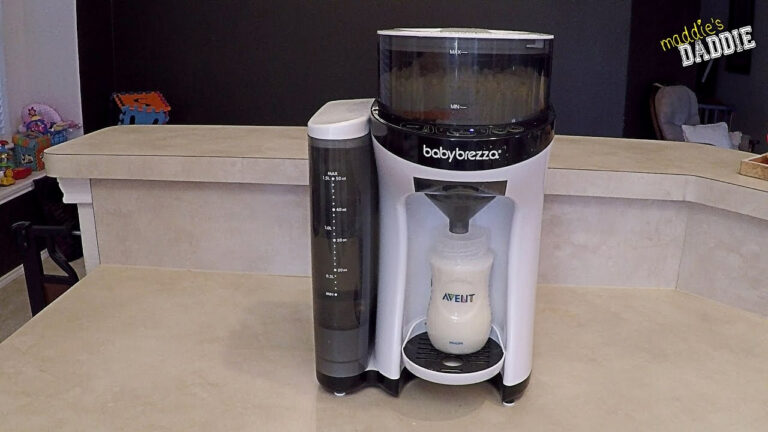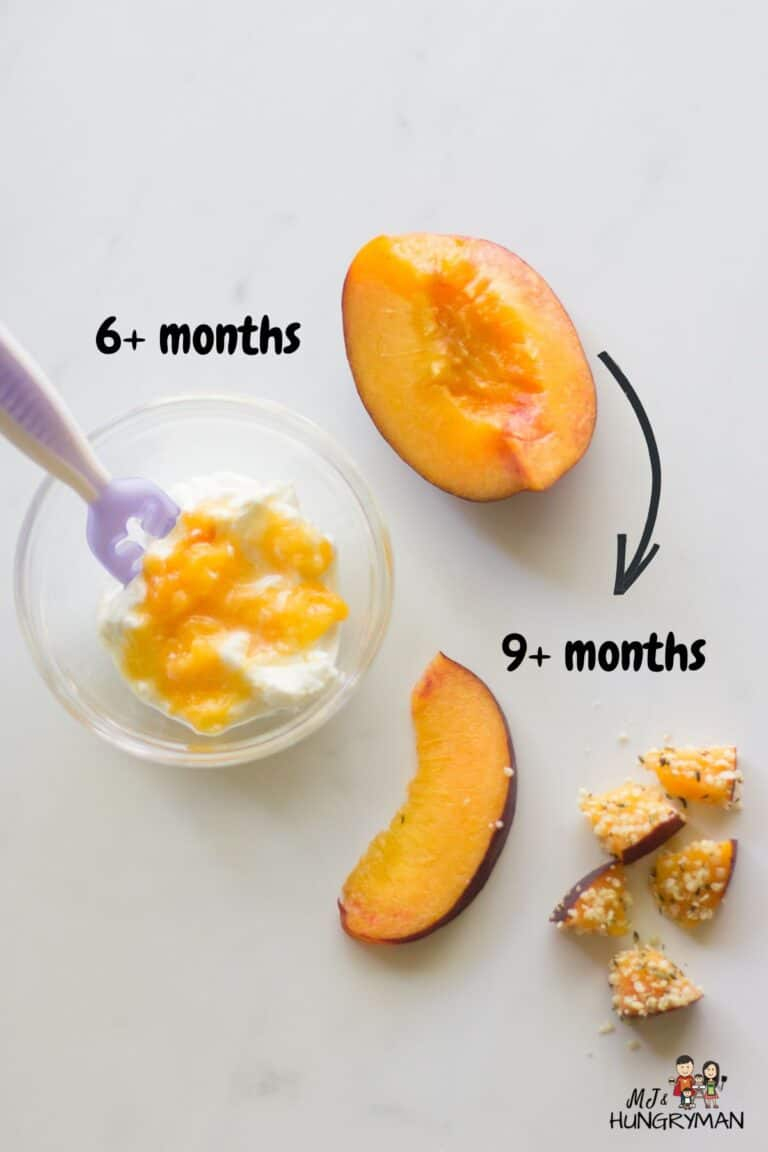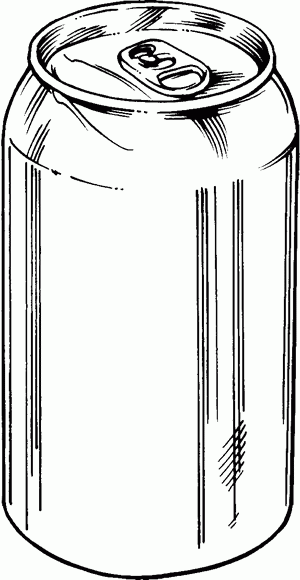What Do Baby Robins Eat: A Comprehensive Guide
Are you a bird lover looking to learn more about what baby robins eat? Look no further! In this detailed guide, we will explore everything you need to know about the diet of baby robins. From their feeding habits to the types of food they consume, we’ve got you covered. Let’s dive in and discover the fascinating world of baby robins and their eating habits.
Knowledge
When it comes to the diet of baby robins, it’s essential to understand that these young birds have specific nutritional needs to support their growth and development. Baby robins primarily feed on insects, worms, and other small invertebrates that are rich in protein. Their diet is crucial for their survival, as they require a high-protein intake to help them grow into healthy adult birds.
One of the main foods that baby robins eat is insects. They consume a variety of insects, including beetles, caterpillars, grasshoppers, and spiders. These insects are a rich source of protein and essential nutrients that help baby robins thrive. Additionally, baby robins also feed on worms, which are another staple in their diet. Worms provide them with the necessary energy and nutrients to support their rapid growth.
In addition to insects and worms, baby robins may also eat fruits and berries. While fruits and berries are not their primary source of food, they can supplement their diet with these tasty treats. Fruits and berries provide baby robins with vitamins and antioxidants that are beneficial for their overall health.
Baby robins rely on their parents to provide them with food during the early stages of their life. Adult robins hunt for insects and worms and then feed them to their young. Baby robins open their mouths wide, displaying a bright yellow color inside, signaling to their parents that they are hungry and ready to eat. The parents then regurgitate the food into the baby’s mouth, ensuring that they receive the nutrition they need.
As baby robins grow older, they begin to forage for food on their own. They learn to hunt for insects and worms independently, honing their skills and becoming more self-sufficient. By the time they reach adulthood, baby robins are adept at finding and catching their food, ensuring that they can thrive in the wild.
Conclusion
In conclusion, baby robins have a diverse diet that includes insects, worms, fruits, and berries. Their nutritional needs are essential for their growth and development, and they rely on their parents to provide them with the food they need to thrive. Understanding what baby robins eat is crucial for bird enthusiasts and nature lovers who want to learn more about these fascinating creatures.
Overall, baby robins are incredible birds with unique dietary requirements that set them apart from other species. By providing them with the right foods and supporting their growth, we can help ensure that baby robins continue to flourish in the wild for generations to come.
